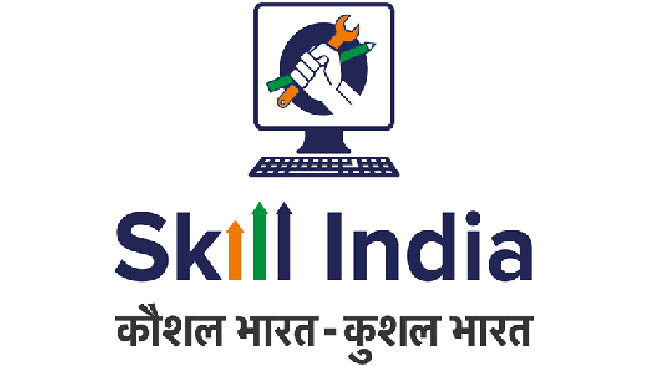
New Delhi, October, 2019:In the six months since its revamp by the Ministry of
Skill Development and Entrepreneurship (MSDE), the Dual System of Training
(DST) has had a significant impact on the skilling ecosystem by partnering with
719 corporates and private partners for training programs. This is a huge jump
from the 136 MoUs that were signed in the three years prior to the revamp. Interestingly,
NSTI Noida alone has signed 37 of the over 700 MoUs in the past few months.
The
DSTscheme was introduced in 2016 with the objective of enabling industries and
establishments to partner with the Government and Private ITIs for conducting
training programmes towards fulfilling skilled manpower requirements. With this
aim, 719 Memorandums of Understanding (MoU) have been signed with the partners
for training programs. The DST combines theoretical training from ITIs and
practical training from Industry partners thereby strengthening industry
linkages and providing hands-on experience to students on industries latest
technologies and techniques.
The
revised scheme guidelines were issued in January 2019 and are much more relaxed
with greater adaptability towards industry requirements and with wider coverage
of ITIs. Under the DST scheme, training is impartedto meet the industry’s skilled
workforce requirements.After the training, trainees are awarded National Trade
Certificate (NTC) that give them an edge with regard to employability.
Dr.
Mahendra Nath Pandey, Minister of Skill Development and Entrepreneurship (MSDE),
said,“The dual system allows cooperative learning and production that allows
for greater innovation and targeted training. Candidates getting dual training
fast become specialists, increasing demand for their services. We have been
actively encouraging ITIs to participate in the DST program so that new ITItrainees
are industry-ready. The newly revamped scheme has been so well received that we
expect the impact on the overall skilling ecosystem to be significant.”
Among
the changes in the revamped scheme, ITI&NSTI principals can now directly
sign MoUs with industry without interference of DGT or states.The eligibility
criteria for industry participation has been eased where now an engineering
trades industry can have a minimum of 40 employees instead of the earlier 200,
while the minimum turnover requirement has been brought down to Rs. 1 crore per
year for the past three years, against the earlier Rs. 10 crore. The duration
of the practical training portion of the course has also been made flexible and
adaptive to the industry schedule. All the 138 plus courses under CTS have been
brought under the ambit of DST, as against only 17 courses earlier. ITIs are
exclusively permitted to conduct training under DST with deemed affiliation in
the 3rd shift.